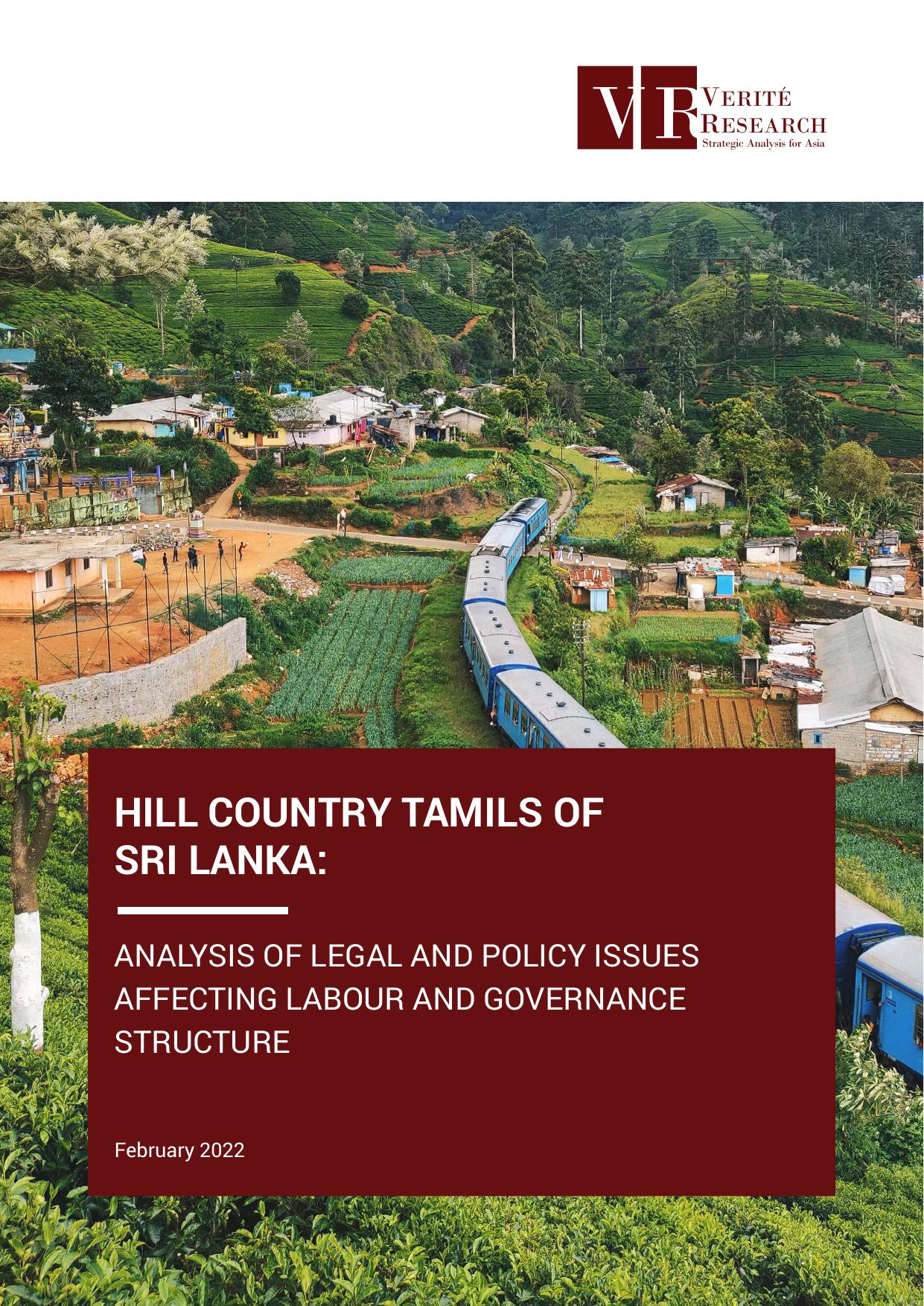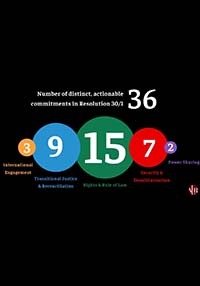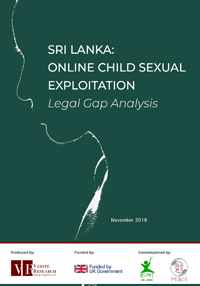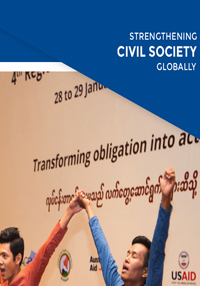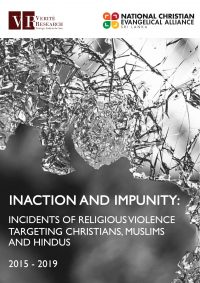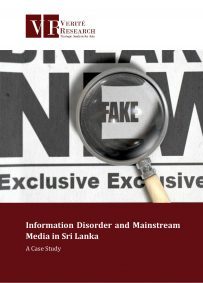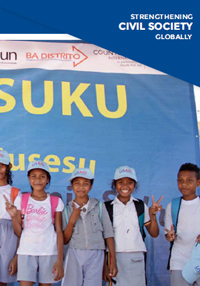Fair and effective recruitment practices have a significant impact on preventing and countering human trafficking. Universally accepted principles of fair recruitment suggest that workers should be well-informed of all aspects of employment, including the nature of the employment, payment mechanisms, access to dispute resolution, and safe return.
This report examines the socio-economic background and history of the Hill Country Tamil community (HCT) with a focus on health, education, labour and their primary engagement in the tea plantation industry. Thereafter, the report dives into the three main drivers of disadvantage that have paved the way to perpetuating the long-standing issues of discrimination and marginalisation in access to state services and major human rights guarantees faced by the HCT communities in this sector.
This is Verité Research’s latest study on the Sri Lanka government’s progress in fulfilling the commitments on reconciliation and accountability in UNHRC Resolution 30/1. At the 43rd session of the United Nations Human Rights Council (UNHRC) in February 2020, Sri Lanka informed of its decision to withdraw from co-sponsoring Resolution 40/1 of 2019, and its preceding Resolutions 34/1 of March 2017, and 30/1 of October 2015.
The study provides a legal gap analysis by examining the legislative and policy framework pertaining to online child sexual exploitation (OCSE) in Sri Lanka. It provides an overview of OCSE globally and in Sri Lanka.
‘Condemned but not Deterred: Torture in Sri Lanka’ is the latest study by Verité Research on the issue of systemic torture and deaths in custody in Sri Lanka. The Briefing Note focuses on four of the latest judgments on torture and deaths in custody of the Supreme Court with emphasis on key observations made by the court in condemning the State’s inaction in preventing such acts by law enforcement authorities. It then goes on to identify three crucial issues emanating from the Supreme Court’s jurisprudence, and analyses how these issues impede deterrence and ultimately serve to hinder the meaningful elimination of torture in Sri Lanka.
The Civil Society Organization Sustainability Index (CSOSI) assesses the sustainability of the CSO sector across several countries in different regions around the world. Since its inception in 1997, it has expanded from covering 18 countries in the Europe and Eurasia Region, to covering a total of 73 countries in 2019, in regions including the Middle East, sub-Saharan Africa and Asia
Ethno-religious violence in Sri Lanka is a chronic and systemic problem that has continued despite successive changes in government. This study examines the key trends of incidents of violence faced by minority Christian, Muslim and Hindu groups in Sri Lanka between 2015 and 2019
A considerable amount of research on ‘fake news’ or information disorder tends to to focus on social media as the producer and distributor of false content. Within this discourse on information disorder, mainstream media is often positioned as an inadvertent distributor of false and harmful content – not as a producer of such content. Therefore, limited attention is paid to the role of mainstream media as both a producer and distributor of information disorder.
This is Verité Research’s latest study on the Sri Lankan government’s commitments on reconciliation and accountability. The 43rd UNHRC Session began in February 2020, and Sri Lanka’s progress in implementing Resolution 30/1 was taken up on 27 February 2020.
The Civil Society Organization Sustainability Index (CSOSI) assesses the sustainability of the CSO sector across several countries in different regions around the world. Since its inception in 1997, it has expanded from covering 18 countries in the Europe and Eurasia Region, to covering a total of 72 countries in 2018, in regions including the Middle East, sub-Saharan Africa and Asia.

